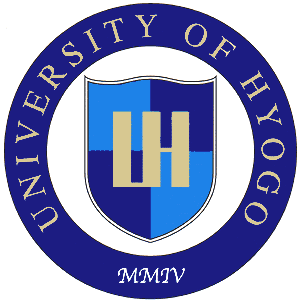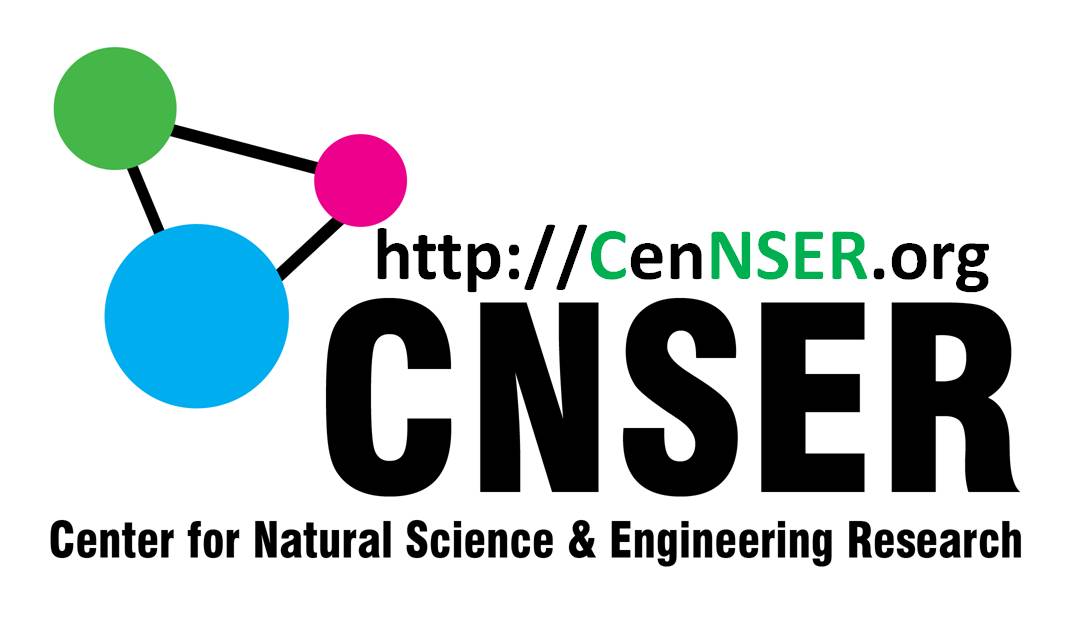










Call for Mini-Workshop (W) / Organized Session (OS) / Tutorial Session (TS) ProposalsList of Special Sessions:SSDO: Digital Oilfield (DO)SSMLMIA: Machine Learning for Medical Image Analysis and Computer Vision (MLMIA) SSDHPS: Distributed and High Performance Systems (DHPS) SSMSCT: Mobile Sensor and Cloud Technologies (MSCT) SSASG: Advancements in the Smart Grid (ASG) SSRTCC: Recent Trends in Computer-based Classification (RTCC) SSBHR: Recent Trends on Bangla Hand-writing Recognition (BHR) SSDO: Digital Oilfield (DO)Objective:Digital Oilfield workshop (or special session) is dedicated to the problem of oilfield industrial processes automation in order to reduce the prime cost of the oil extraction. The scope is very vital in the current conditions of the 'era of the low crude oil prices'. Special attention is to be paid to the Data mining methods application. Researchers and bussiness representatives are invited, who are interested in the following topics:
Korovin Iakov Southern Federal University, Russia Gerald Schaefer Loughborough University, UK SSMLMIA: Machine Learning for Medical Image Analysis and Computer Vision (MLMIA)Objective:It becomes that much easier to gather image data by the rapid development measurement devises, network systems, and IoT technologies. One of the hot research areas should be computer vision and medical image analysis. The paradigm is shifting how analyze and how utilize the obtained big image data. Here, machine Learning plays the most fundamental role. This session will invite paper submissions related to various kind of machine learning techniques for computer vision and applications including medical image analysis. And, contribution to practical application and results are welcome. Organizers: Masakazu Morimoto and Syoji Kobashi University of University, Japan SSDHPS: Distributed and High Performance Systems (DHPS)Objective:The main objective is to target on the state of art in the domain and sharing experience in search of collaboration opportunities. Researchers and bussiness representatives are invited who are dealing with the next topics:
Korovin Iakov Southern Federal University, Russia SSMSCT: Mobile Sensor and Cloud Technologies (MSCT)Objective:Mobile phones or smartphones are rapidly becoming the central computing and communicating device in our everyday life. Meanwhile, the Internet of Things (IoT) allows objects to be sensed and controlled remotely across existing network infrastructure. Thus, the integration of mobile computing and sensing with cloud computing and IoT enables new applications that process big data collected from the physical world, and have an impact on almost every aspects of our daily life, including transportation, healthcare, safety, smart cities, social interaction, environmental monitoring etc. Along with the advancements in mobile sensing, challenges are also appearing in large numbers. Energy drainage caused by continuous sensing, security, privacy, resource management and provisioning etc. are emerging as major challenges in achieving full performance benefits from the Mobile Cloud Technologies. Thus collaborative, eco-friendly and energy-efficient solutions are of high demand in Mobile Cloud Computing (MCC). This special session will provide a great platform to allow researchers in academia and industry to exchange their latest research results and development activities in mobile cloud computing. Topics of interests include, but are not limited to:
Md. Abdur Razzaque University of Dhaka, Bangladesh SSASG: Advancements in the Smart Grid (ASG)Objective:The objective of this special track is to bring together researchers working on integration of advanced technologies in the Smart Grid (SG). The SG is a new concept where traditional power grid network is equipped with intelligence from one or more advanced technologies, namely, renewable energy systems, telecommunications systems, wireless sensor and actor networks, sustainable environmental systems, artificial intelligence, computer networks, and qualitative and quantitative socioeconomic development research. In the SG, both power flow and information flow are bidirectional, which can be based upon the intelligence received from the support technologies. As a result, the SG can act not only as a smart power grid but also towards developing an intelligent technology infrastructure composed of advancements of several support technology systems. This special track seeks high-quality original unpublished work in areas including but not limited to the following:
Mohammad Mahfuz University of Wisconsin-Green Bay, Green Bay, Wisconsin, USA Website: http://www.uwgb.edu/mahfuzm/ Md. Abdur Rahman American International University-Bangladesh, Dhaka, Bangladesh Website: http://engg.aiub.edu/faculties/dr-md-abdur-rahman SSRTCC: Recent Trends in Computer-based Classification (RTCC)Objective:We are living in the era of automation, a major part of which is decision making such as classification and recognition of different objects and/or events. Such classification may range from simple sensor-based classifications to sophisticated classifications based on heterogeneous data sources. This special session focuses on the recent works on various classification techniques for different applications. This special session welcomes submissions of original unpublished works on the following, but not limited to, topics on machine learning, classification and decision making:
M. Abdullah-Al-Wadud King Saud University, Riyadh, KSA SSBHR: Recent Trends on Bangla Hand-writing Recognition (BHR)Objective:Bangla is the 5th most common language in the World, mainly from Bangladesh, India and others. This special session would like to explore the progresses on Bangla hand-writing recognition, analysis & applications (e.g., related to OCR/OHR, etc.). Researchers are welcome to submit related works. Organizers: Md. Atiqur Rahman Ahad University of Dhaka, Bangladesh Nabeel Mohammed University of Liberal Arts Bangladesh, Bangladesh For any query, please e-mail to: office [use@mark] iciev.org Call for Mini-Workshop (W) / Organized Session (OS) / Tutorial Session (TS) ProposalsWe welcome you to organize Mini-Workshop / Organized Session / Tutorial Session in the ICIEV!The aim of a W/OS/TS is to provide a complementary flavor to the regular sessions and should include hot topics of interest to the ICIEV areas/topics that may also go beyond disciplines traditionally represented at the ICIEV. Proposal Submission:Prospective organizers of W/OS/TS should submit proposals with the info below:
W/OS/TS's evaluation criteria:
Don't miss this opportunity to attend this conference! We are looking forward to have you in the conference! |
ICIEV by the
Center for Natural Science & Engineering Research